For many years when it came to recordings, Jordi Savall was a byword for lavish, eclectic musical projects criss-crossing the east and west, blending musical cultures and histories.
In more recent years he’s turned more solidly to the Classical and Romantic orchestral repertoire, even if in this latest album he doesn’t exactly stick to the centre of the mainstream.
Instead, we get two ‘forgotten symphonies’, as the title puts it, which means early, incomplete Schumann and Bruckner’s Symphony No. 0 – also known as the Symphony in D minor.
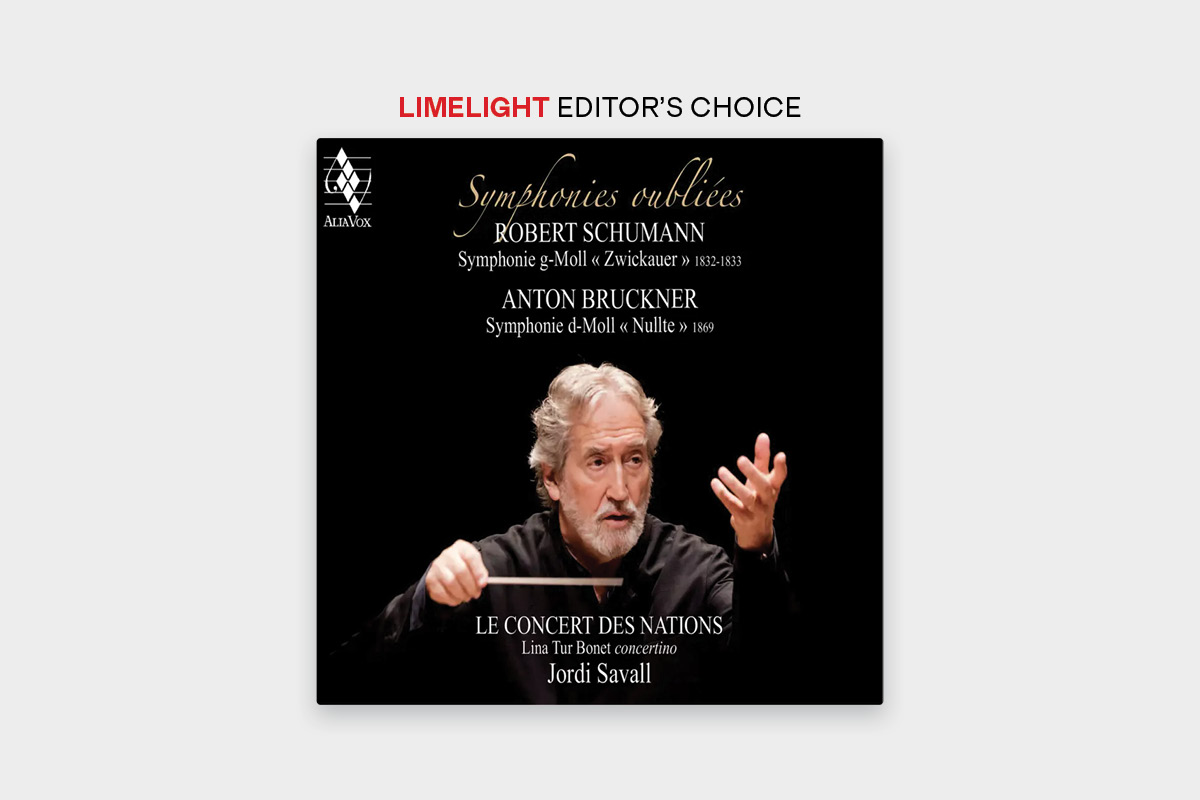
The results are exhilarating and ear-opening, making this an unmissable album. That’s of course also thanks to the lithe, alert playing of Les Concerts des Nations, the period-instrument ensemble Savall founded in the late 1980s, and their hand-in-glove rapport. Not only does the album prove the point that there’s always more to discover about composers who seem familiar, but that it’s not only conductors like Roger Norrington who have the monopoly on historically informed performances of Romantic repertoire.
Schumann was planning his arrival on the symphonic stage with his G minor Symphony in the 1830s,...
Continue reading
Get unlimited digital access from $4 per month
Already a subscriber?
Log in


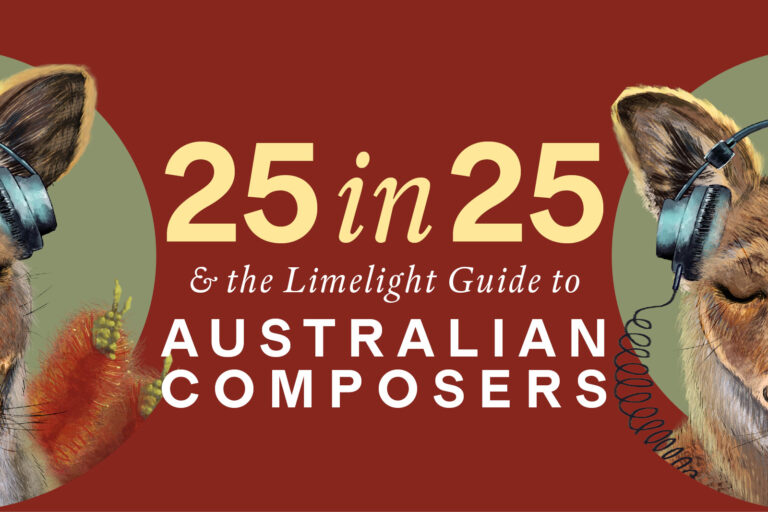
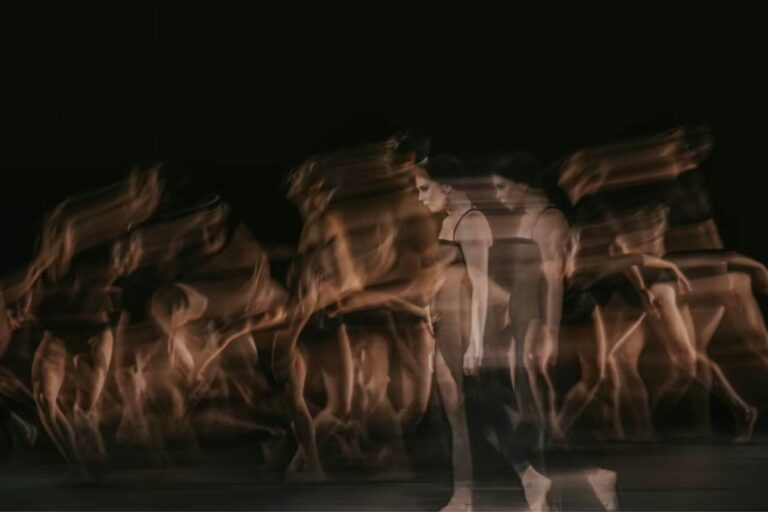

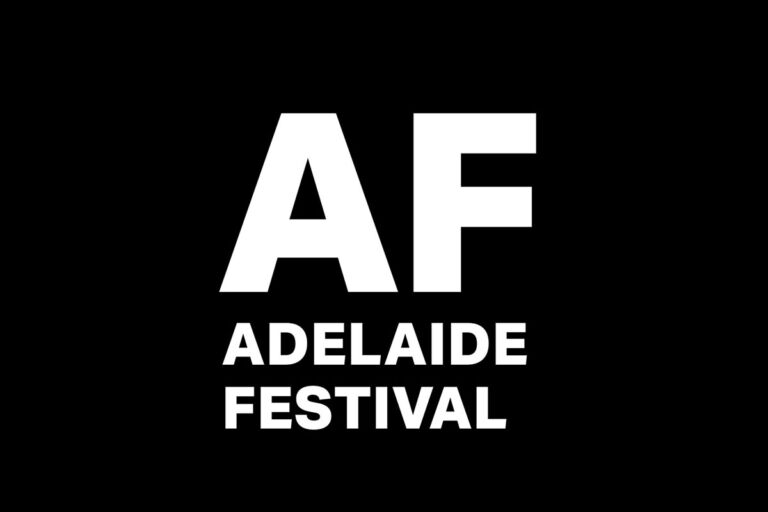
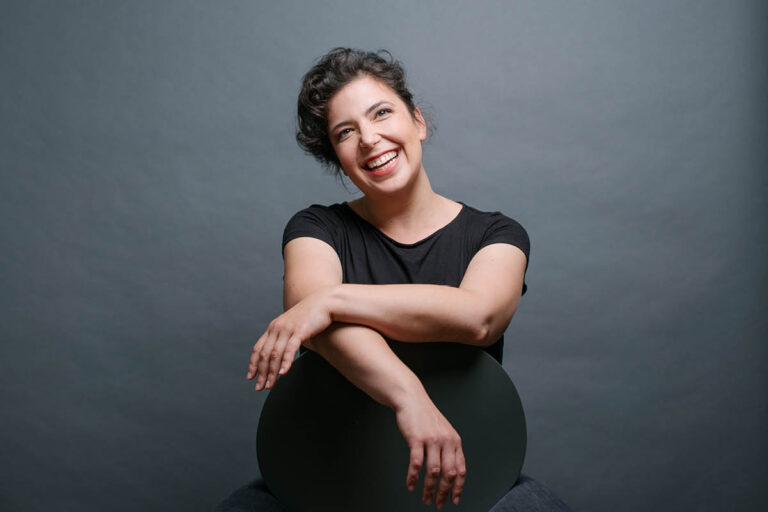



Comments
Log in to start the conversation.